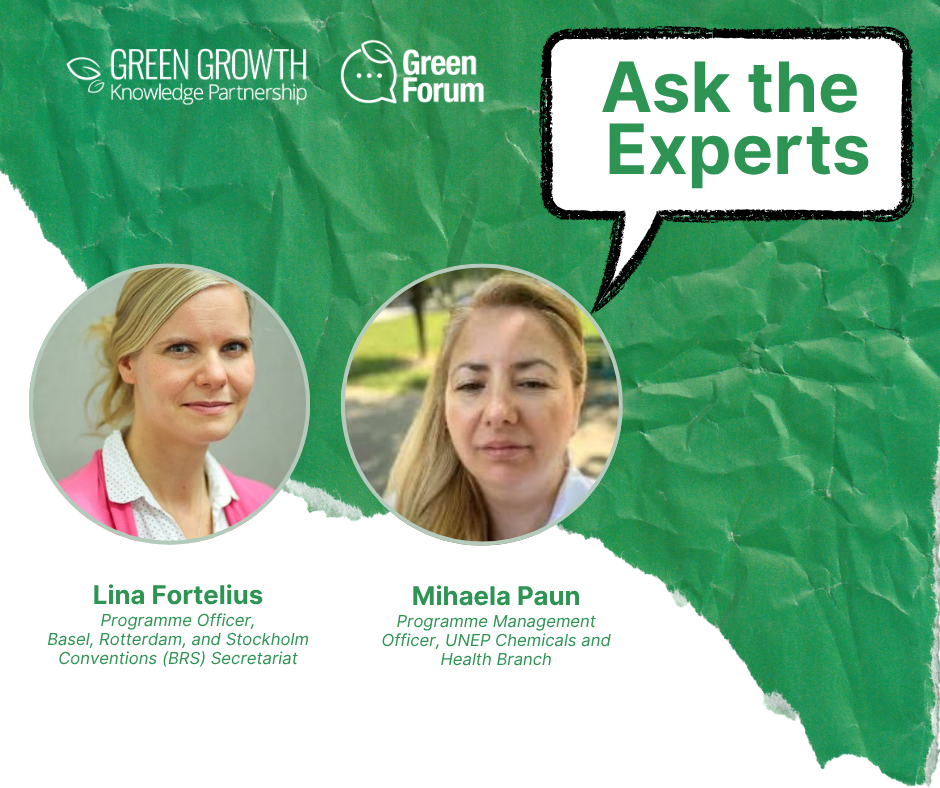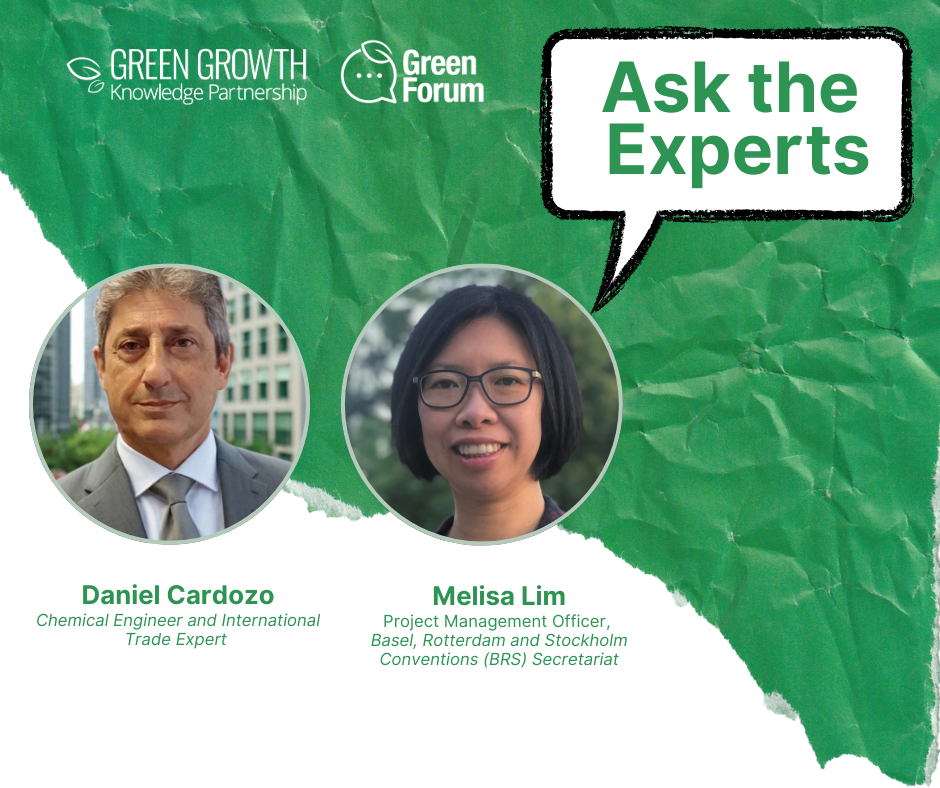In a conversation with The Green Forum, Alexander Charalambous, Team Lead of the SWITCH to Green Facility, discusses how empowering business support organizations and SMEs is leading the shift towards more sustainable, circular business models.
The circular economy is ambitious, complex and far-reaching, but its impact becomes clear through the work of business support organizations (BSOs) and small and medium-sized enterprises (SMEs). These actors are at the forefront of innovation, driving greener, more resilient economies from the ground up.
Although the SWITCH to Green Facility does not implement projects directly, it coordinates EU initiatives, such as SWITCH Asia and SWITCH Africa Green, that connect policy, finance and innovation to local action. BSOs and SMEs are not just beneficiaries of this support, they are the driving force.
From buzzword to business model
SMEs across Africa, Asia and beyond are eager to embrace circular practices – reducing waste, reusing materials and redesigning products – but they face real barriers. Financing is one of the biggest. Circular investments often fall outside traditional risk models, leaving financial institutions hesitant and SMEs underfunded.
That is where BSOs come in. These local intermediaries provide tailored support, helping SMEs access green finance, understand new regulations and adopt sustainable business strategies. With EU backing, BSOs benefit from a structured approach based on four pillars: knowledge and learning, enabling policy, access to finance and pilot implementation. This combination is what makes transformation possible.
Aligning policy and practice
Circularity is not just about business innovation – it is also about coherent national policies. That is why the EU supports the development of circular economy roadmaps, like those in Nigeria and Mauritius. These plans define the role of BSOs and SMEs in national strategies, from extended producer responsibility to waste system reforms.
When policies are clear and inclusive, BSOs become essential actors in the transition. And it is not just about institutions; it is about people. Women, youth and informal workers are often at the heart of circular systems, especially in waste management.
Peer learning as a catalyst
One of the most recent developments is the rise of structured peer learning among BSOs. The new EU Circular Economy Resource Centre (EUCERC) is helping to connect BSOs, businesses, public agencies and researchers across the EU and partner countries. EUCERC is also encouraging South-South exchanges, where BSOs share solutions across similar regional contexts. These real-world insights cannot be replicated in a manual – they are shared, learned, and adapted through experience.
Beyond donor cycles
Sustainability is often questioned once donor funding ends. But the long-term impact depends on value. If SMEs gain clear, practical benefits – access to finance, help navigating regulations, exposure to new markets – they will keep turning to BSOs. That is why it is critical to design lightweight, effective services that endure beyond project timelines.
The EU’s approach continues to evolve, showing that building a greener economy requires more than technology or top-down policy. It depends on strengthening local ecosystems and supporting the intermediaries who turn ambition into action.
With the right policy support, financing and capacity building, BSOs can lead SMEs through the circular transition. EU-backed initiatives offer proven models for building ecosystems, fostering peer networks and ensuring no business is left behind in the move towards inclusive, green growth.
Learn more
Watch a recording of the Collaborating for Circularity workshop to explore the tools, partnerships and strategies helping BSOs and SMEs drive circularity and inclusive green growth.



